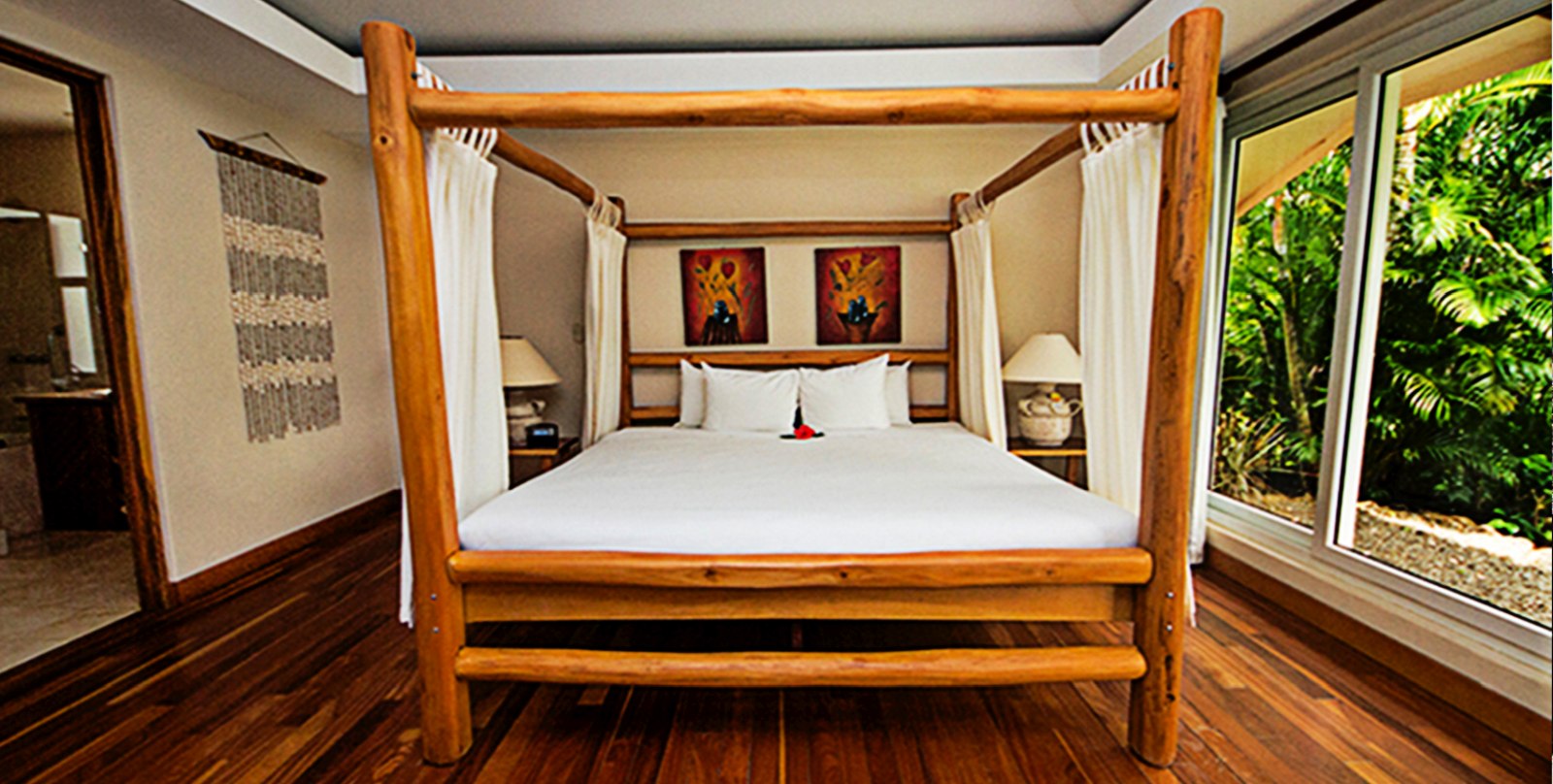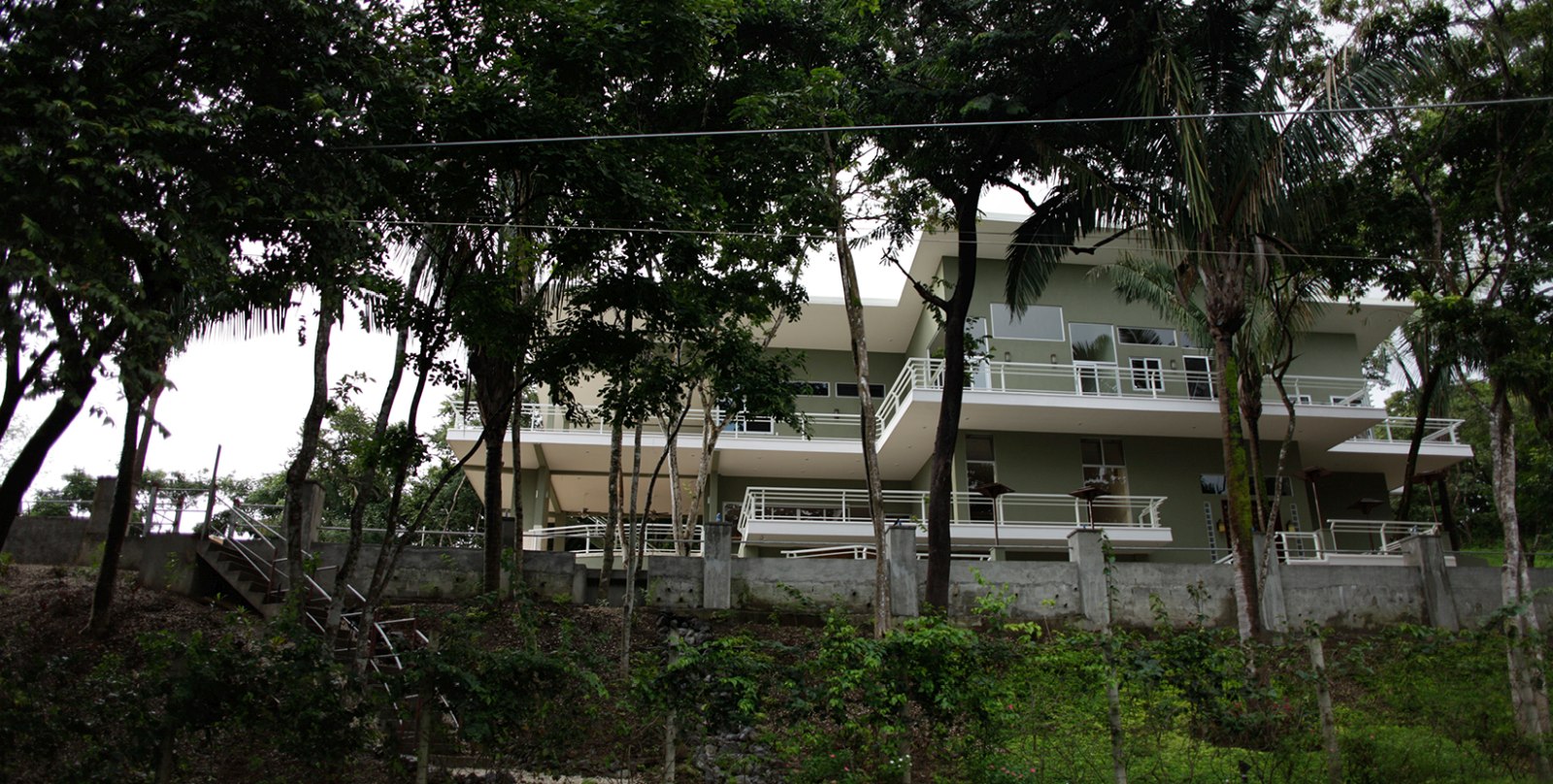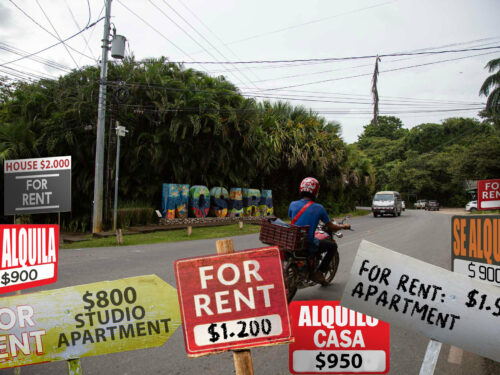
On August 4, the Ministry of Finance (Ministerio de Hacienda) requested that legislators approve a law “to improve the fight against fiscal fraud” regarding sales taxes that should be paid by people who rent homes to tourists as well as the owners of recreation centers throughout the country.
The document presented by Hacienda indicates that income from renting houses, condominiums or apartments to tourists should be subject to the sales tax (13%), despite the fact that in practice the obligation is unfulfilled by owners.
Currently, there is no formal definition for a temporary stay home, nor is there one for a recreation center, so the bill defines a temporary stay home as one that is rented for less than one month. Recreation centers include zoos, spas, canopy tours, nature trail walks, bird-watching areas and bungee jumping, among others.
The Voice of Guanacaste asked several owners of rental homes and recreation centers for their opinion on the pressure being applied by Hacienda to reinforce collection of the tax. Many of those interviewed preferred not to speak on the subject, but others told us their thoughts on the matter.
Victor Julio Blanco, owner of Coco Aventura Canopy in Nicoya, commented that he would agree to pay the tax, which would be included in the price of the service, if and when the government guarantees that the tax will yield projects for the communities.
“These taxes that they charge should be invested in the people, in the towns and not taken away to San Jose,” he explained.
Meanwhile, Agnes Pinheiro, in charge of Mango Property Management, indicated that paying the tax would be fair, rather than refusing to do so. In her case, she would prefer to pay the tax once per year instead of monthly due to the paperwork it generates.
“I believe that paying taxes is always right for the development of town projects,” she said.
For Priscilla Solano, president of the Guanacaste Chamber of Tourism (CATURGUA – Camara de Turismo Guanacasteca), charging this tax would affect tourists’ perception of Costa Rica due to the fact that in recent years coming to the country has become expensive. With the 13% tax added to the price of rentals, prices would be even higher. However, she also believes that there is a major capital drain due to many companies’ fiscal evasion, and for that reason it would be beneficial for the country.
“I believe that there is a lot of tax evasion and many tourism business owners are not paying, and in many cases the money doesn’t stay in Costa Rica but instead goes to other countries,” said Solano.
For his part, Carlos Vargas, director of direct taxation, said that the law seeks to define what temporary stay houses are, as well as recreational centers and other similar businesses, so that everyone pays taxes as they should and to apply more effective controls to reduce tax evasion.
“It’s an effort for intelligent taxation, which will be accompanied by campaigns to combat and reduce tax evasion,” he said.
In addition, Vargas indicated that those who do not comply with the regulation will be subject to high economic penalties, such as being charged 100-150% of the tax amount or up to three times the national base salary.







Comments